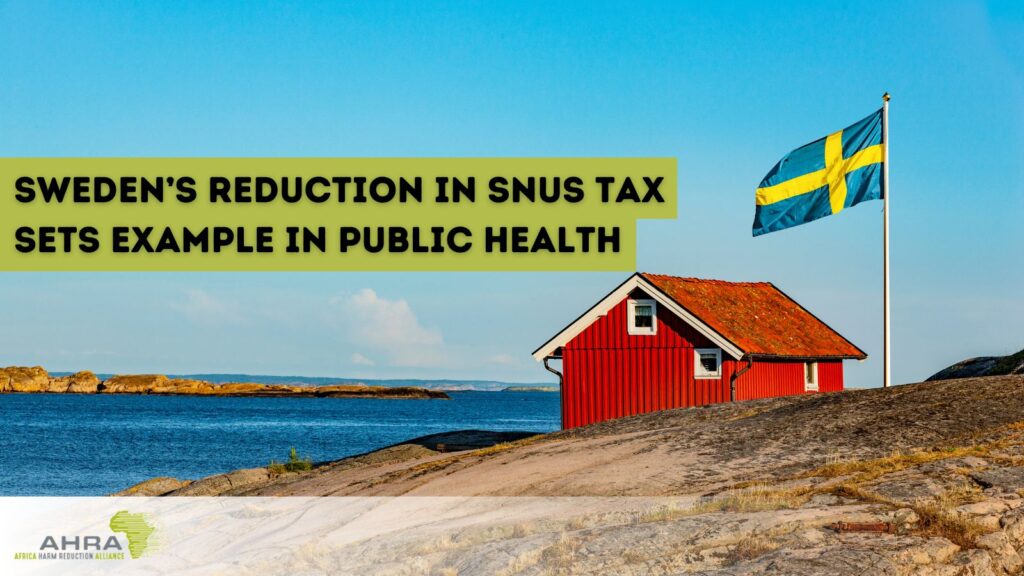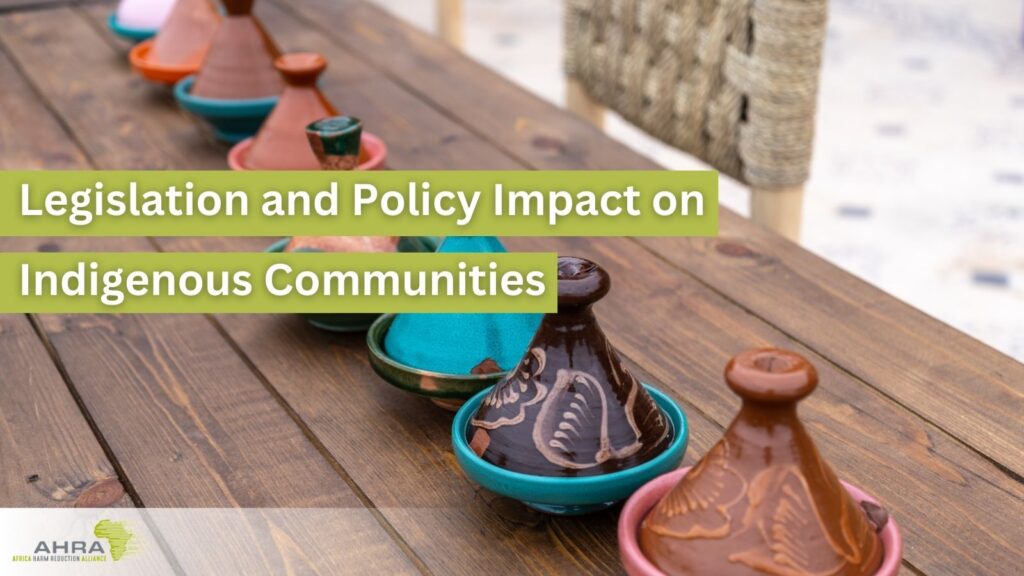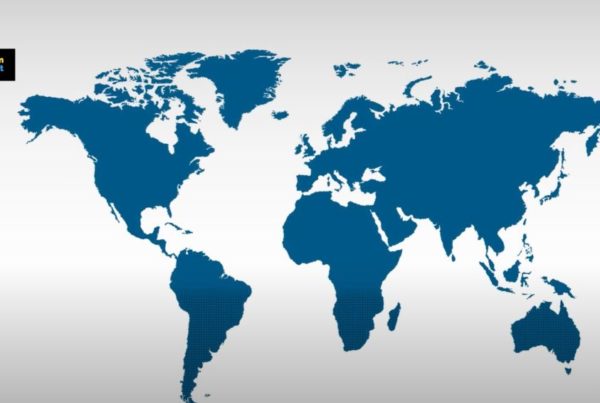For the Tobacco Harm Reduction Summit organized by the Africa Harm Reduction Alliance (AHRA) in Johannesburg, South Africa, AHRA recorded an interview with Asanda Gcoyi from the Vapour Products Association of South Africa (VPASA) to hear what she has to say about ongoing misguided regulation and the effect this is having on illicit trade and consumers. The below article summarises the key messages from Asanda, so read on to find out more!
In 2020 at the height of the coronavirus pandemic, South Africa’s lockdown measures included a ban on the sale of cigarettes and vaping products. But the lack of accessibility to legitimate products drove many people to underground vendors. Public information suggested that since the ban, up to 70% of cigarettes sold in the country were illicit and that R19 million is being lost annually due to the illegal trade.
“Before the ban was put in place, as much as 35 percent of the total cigarette market in the country was illicit. After the ban, the number went up to between 54 and 58 percent” said Asanda Gcoyi, Chief Executive of the Vapour Products Association of South Africa (VPASA), an organization advocating for the fair and balanced regulation of the vaping industry.
“The current smoking prevalence in South Africa according to the Global Adult Tobacco Survey (GATS), 11 million South Africans smoke, whereas in 2018, the numbers were at 8 million,” she added. “An informal survey conducted annually by a consumer advocacy group called Vaping Saved My Life (VSML) has shown that vapers in South Africa are former smokers who have used vaping as a way to move away from combustibles, and flavours played a major role.”

Asanda emphasized what South Africa currently has in place is not working, as citizens do not have access to nicotine replacement therapies, and this is where tobacco harm reduction can play a major role. “A sensible approach to tobacco harm reduction is literally a life-or-death matter.”
“The current bill uses smoking and vaping interchangeably, which can be problematic. It’s important that vaping products are regulated differently compared to combustibles. We ought to rely on scientific evidence when formulating regulations for vaping products and listen to consumers, who are the evidence that these products work.”
Since its formation in 2016, VPASA has led the charge to regulate the vaping industry in a way that is both responsible and considerate of the role that ENDS/ENNDS or EVPs could play as a harm-reduced alternative to combustible tobacco products in South Africa.










